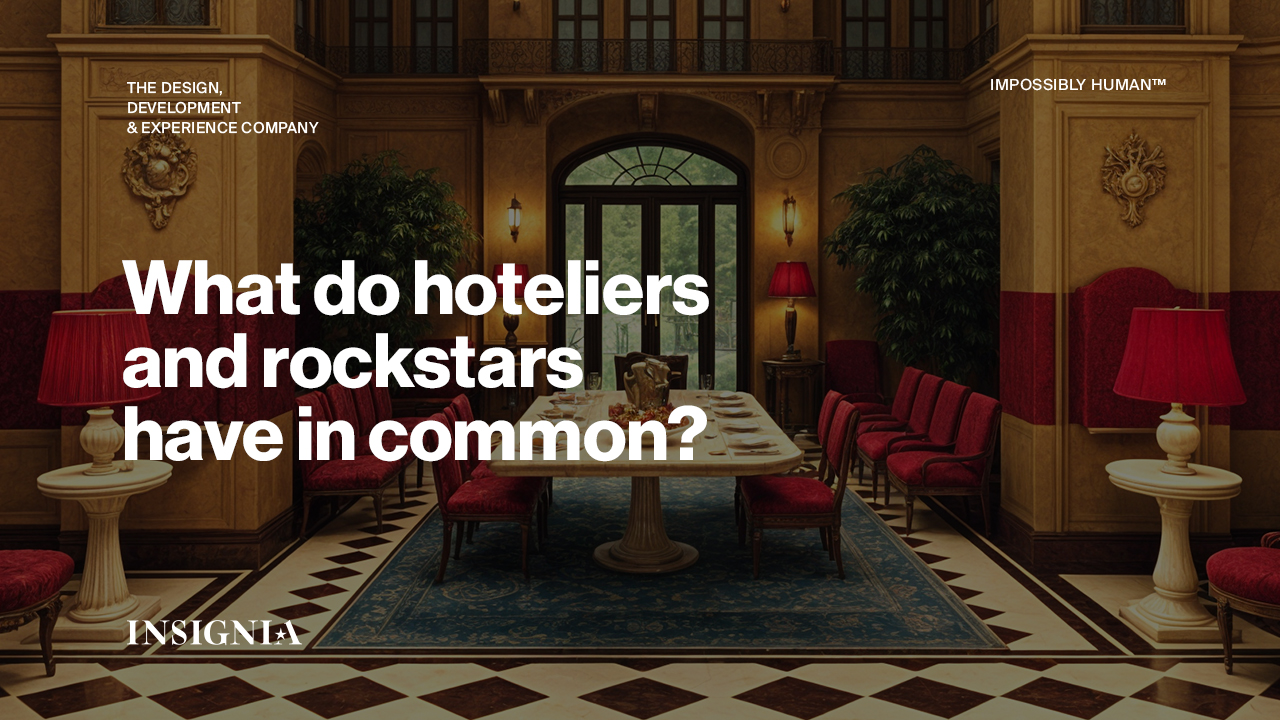Six months ago, with a characteristically elegant flourish, the Michelin Guide – long heralded as the supreme arbiter of culinary distinction – unveiled an audacious new venture: its ‘Key’ rating system for hotels. Now, where once the world of Michelin concerned itself with the clinking of cutlery and the finesse of foie gras, it seeks to do for hotels what its celebrated stars have done for restaurants.
It’s a deliciously tantalising proposition.
These ‘Keys’, much like their gastronomic counterparts, are not to be confused with the bland niceties of mere approval. Unlike the existing international system, where a hotel can amass one to five stars by boasting a minibar or a 24-hour concierge, ticking off boxes in an amenities checklist, the Keys take us beyond mere functionality. They reward substance, excellence in architecture and interior design, an unmistakable consistency in service, the overall personality and soul of the place, value for money, and the hotel’s impact on its surroundings.1
This shift brings with it an intriguing possibility: the rise of the hotelier as a cult figure, in the same vein as the celebrity chef. For though Michelin stars are technically awarded to restaurants rather than individual culinary innovators, it is the chef who wears them like a crown. We may adore the establishment, but we lionise the genius behind it: the Ducasses, the Ramsays, the Blumenthals.
And so, we must ask: will the same destiny greet the architects of our hotel experiences? Might we soon speak of hoteliers in the same reverential tones we reserve for culinary greats? Will we flock to hotels not merely for their vistas and pools, but for the singular personalities of their creators?
History offers a precedent. Hilton and Marriott, after all, bear the names of the trail-blazing individuals who founded them. More recently, Fasano Hotels in Brazil have drawn guests seduced not only by their sumptuous surroundings but by the reputation of Rogério Fasano himself, whose hand is felt at every turn, from the finest of design details to the vibrant infusion of Brazilian culture.
But the introduction of Michelin Keys could magnify the cult of personality to an unprecedented extent, propelling hoteliers into the global spotlight and affording them rockstar status.
Of course, only time – capricious as ever – will tell. But one thing is clear: Michelin’s Key system is stirring the pot, and may very well change the reasons why we choose the hotels we do.
Insignia Worldwide crafts new realities at the intersections of strategy and storytelling, by challenging what is humanly possible and creating what is Impossibly Human.TM
1 guide.michelin.com
